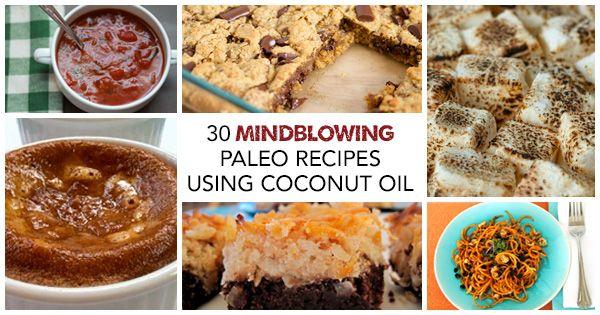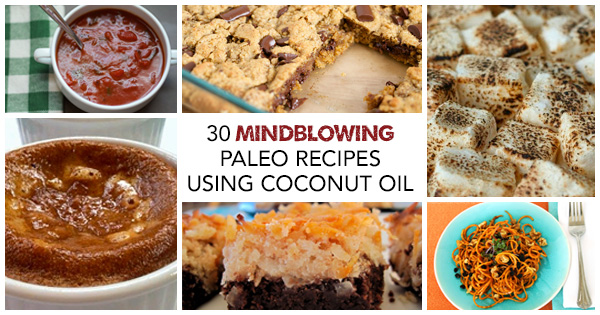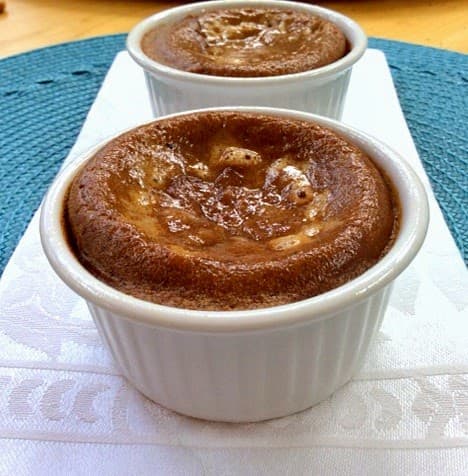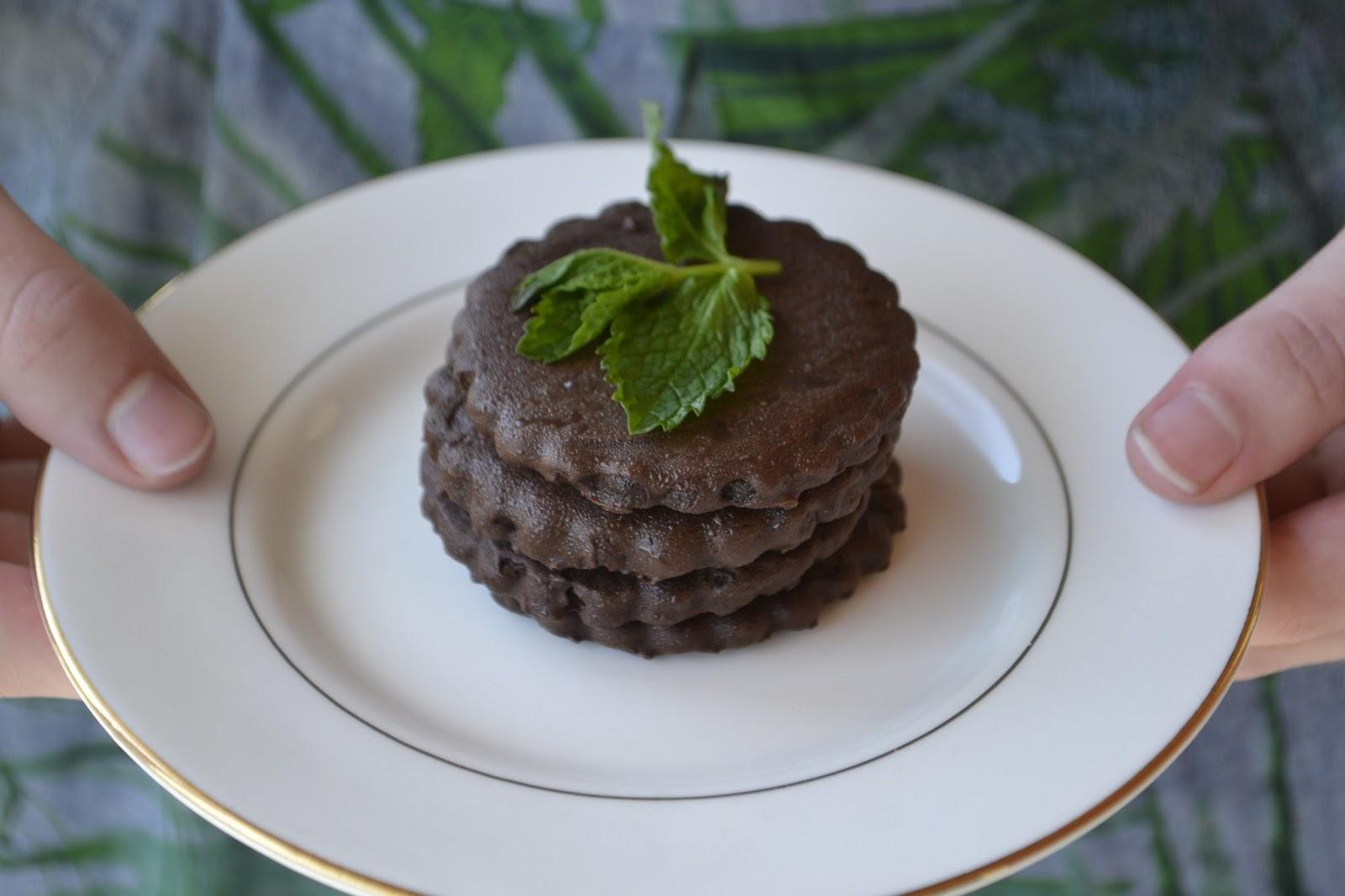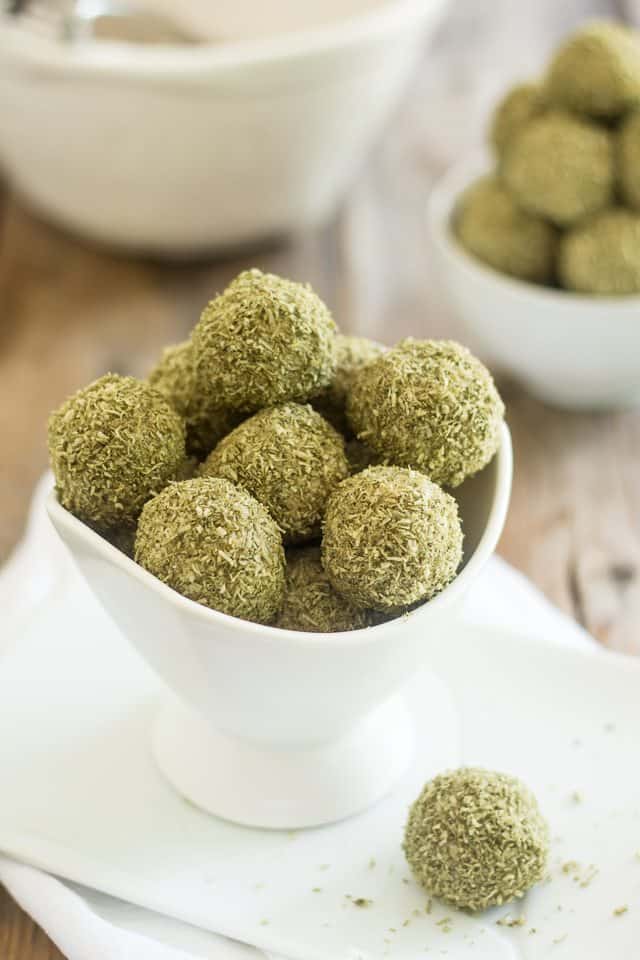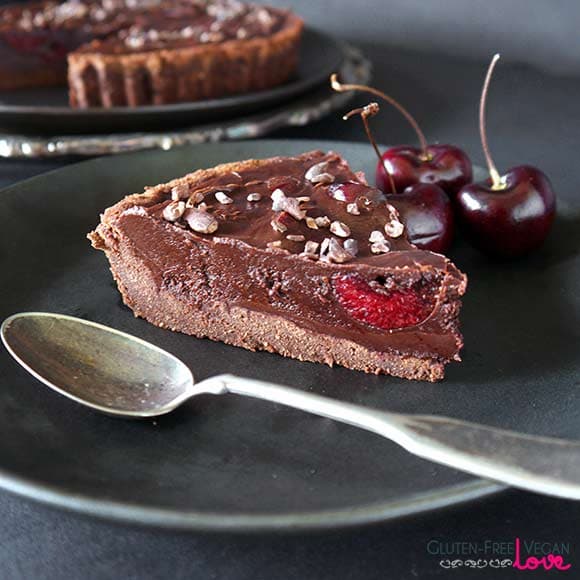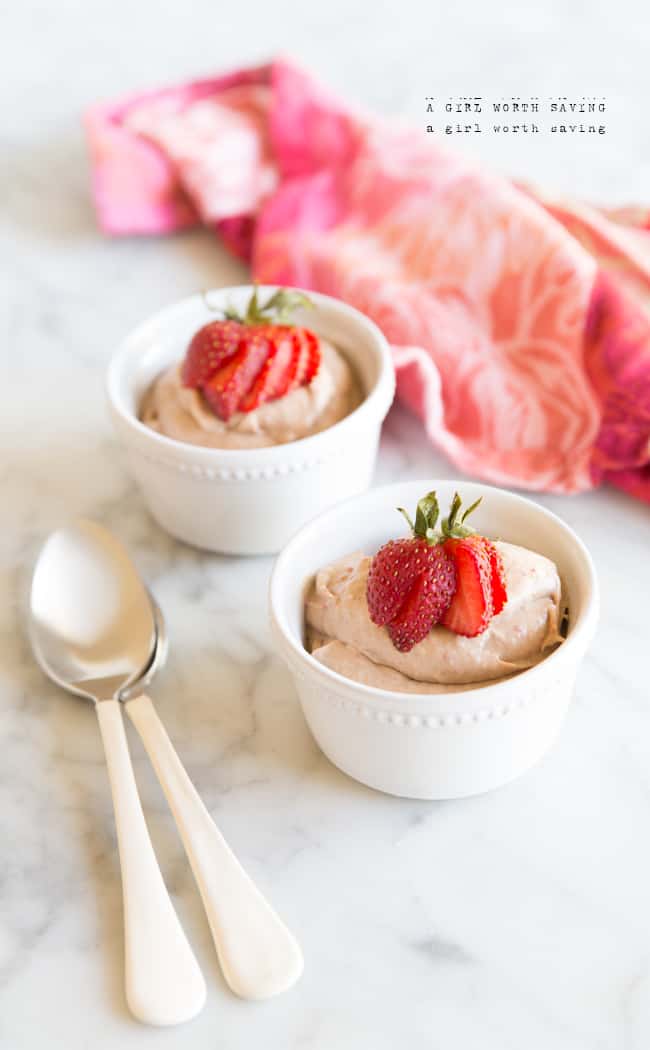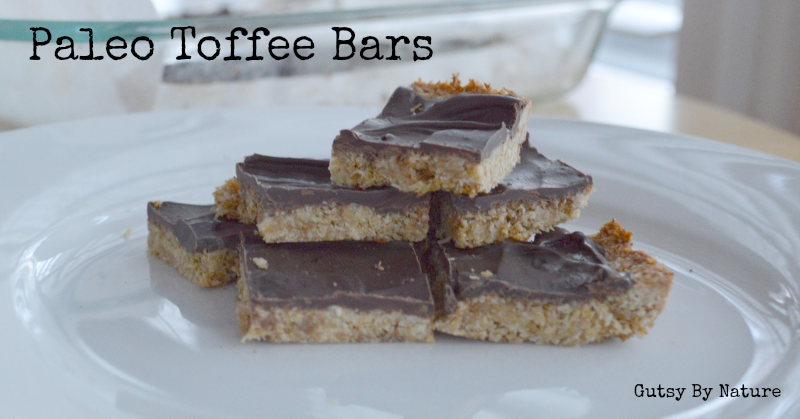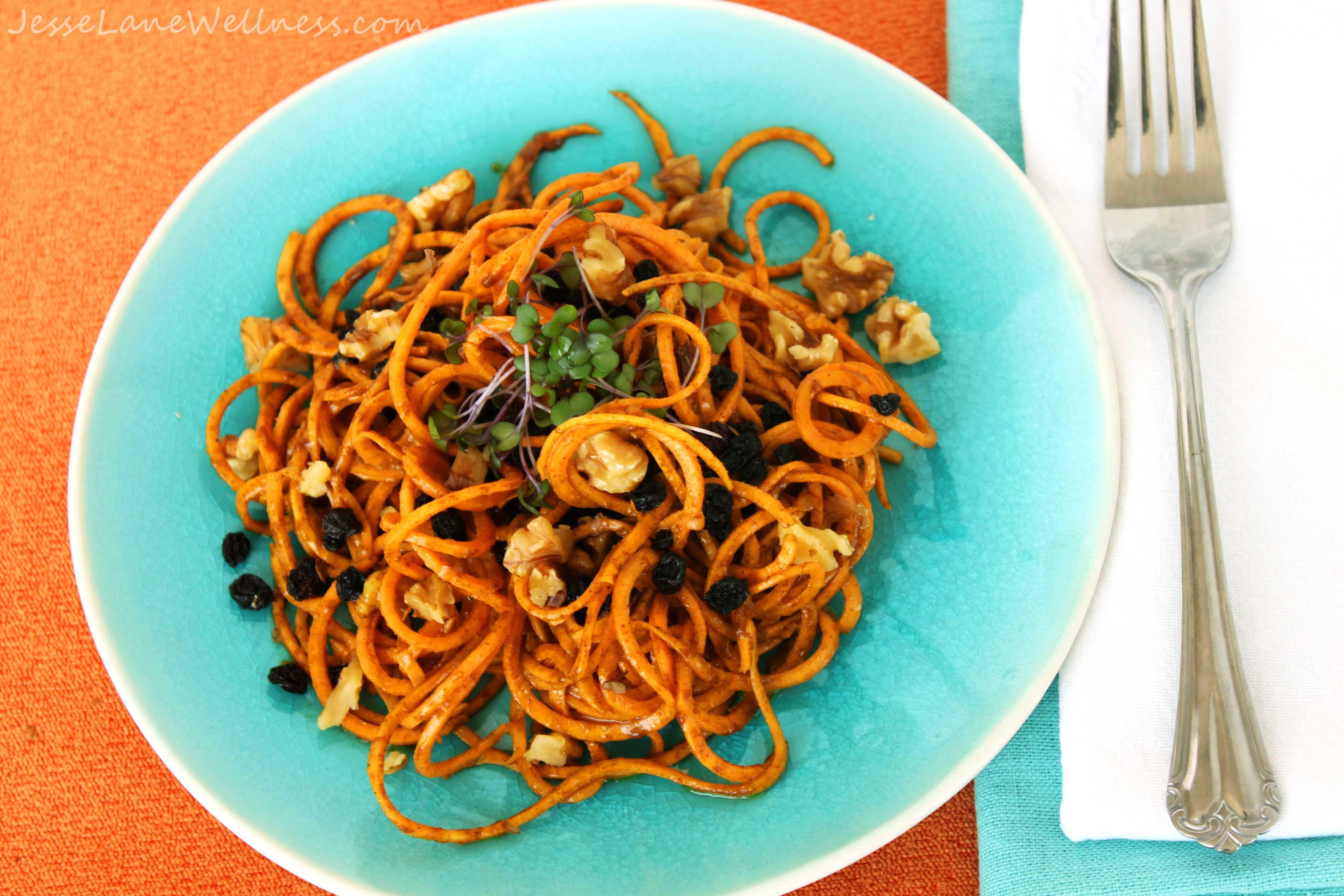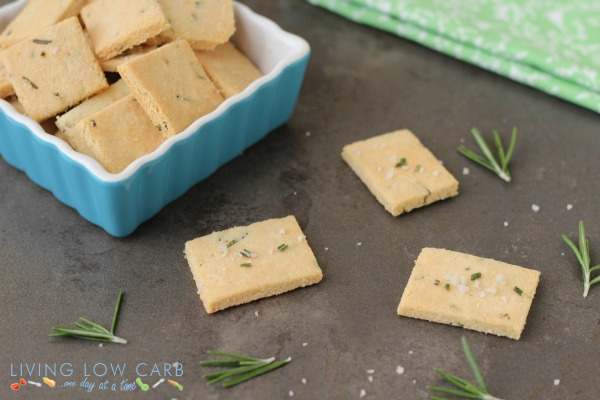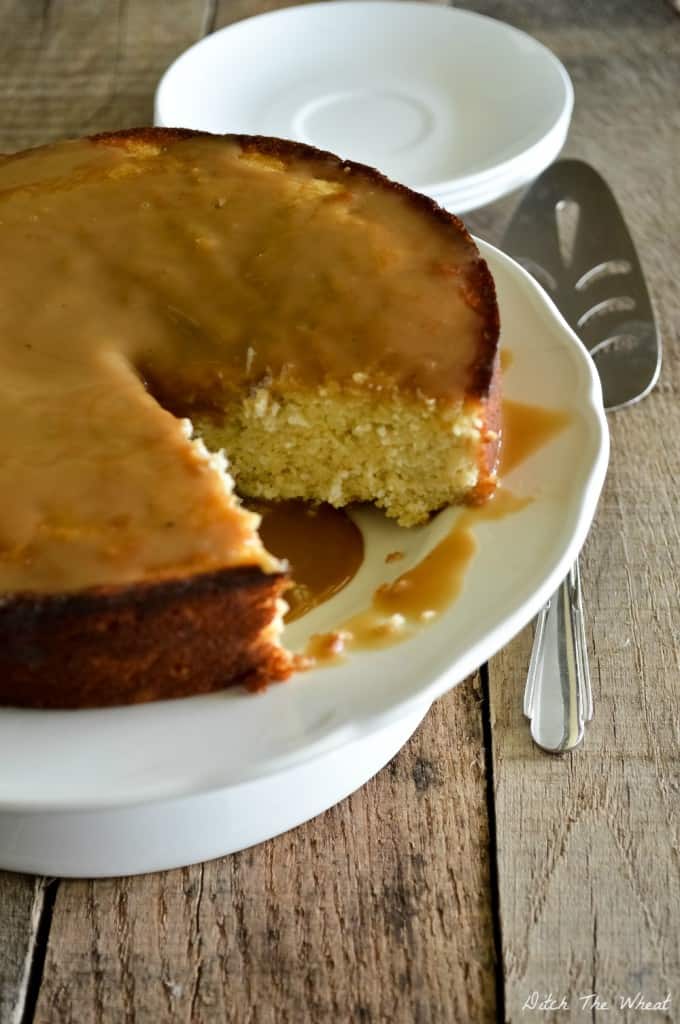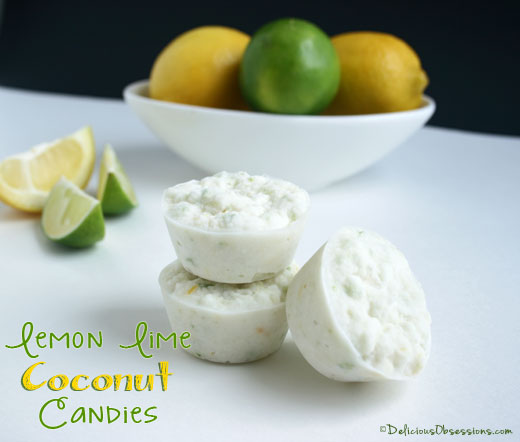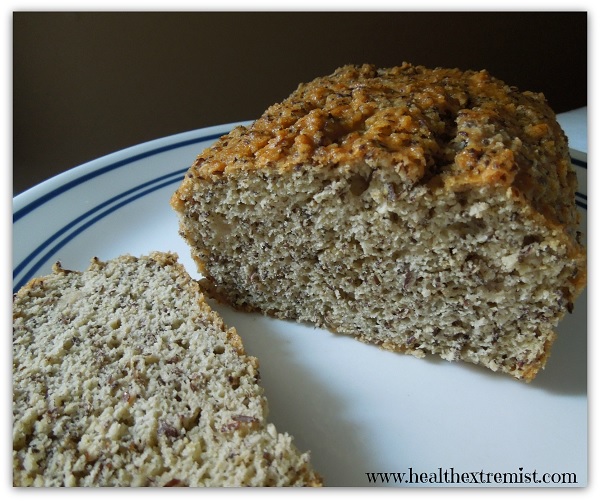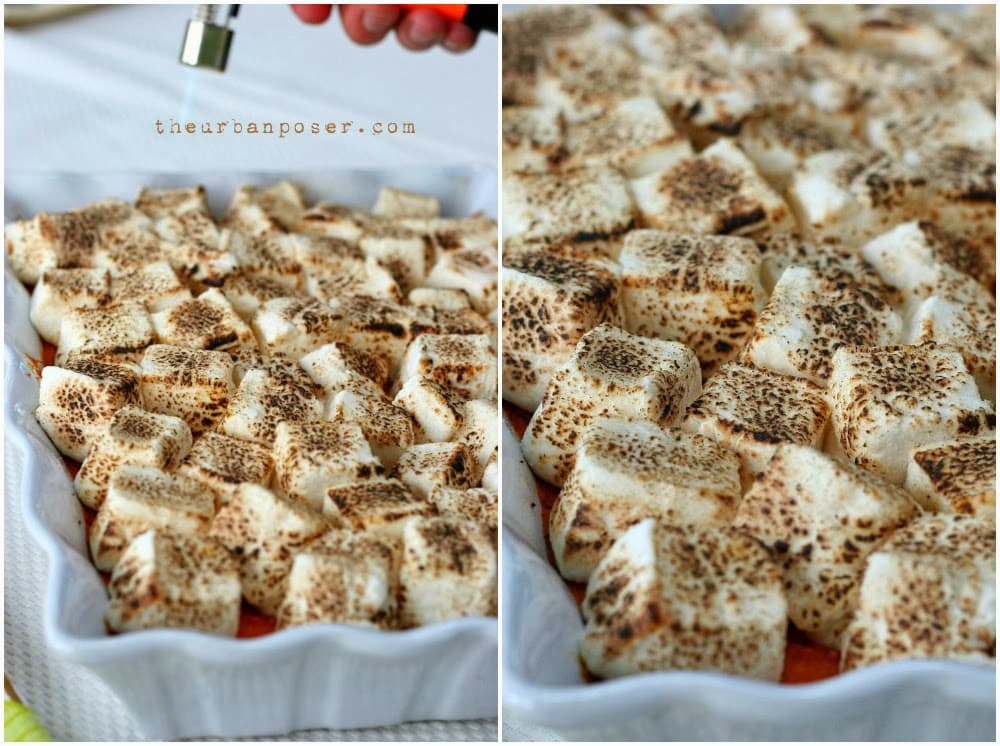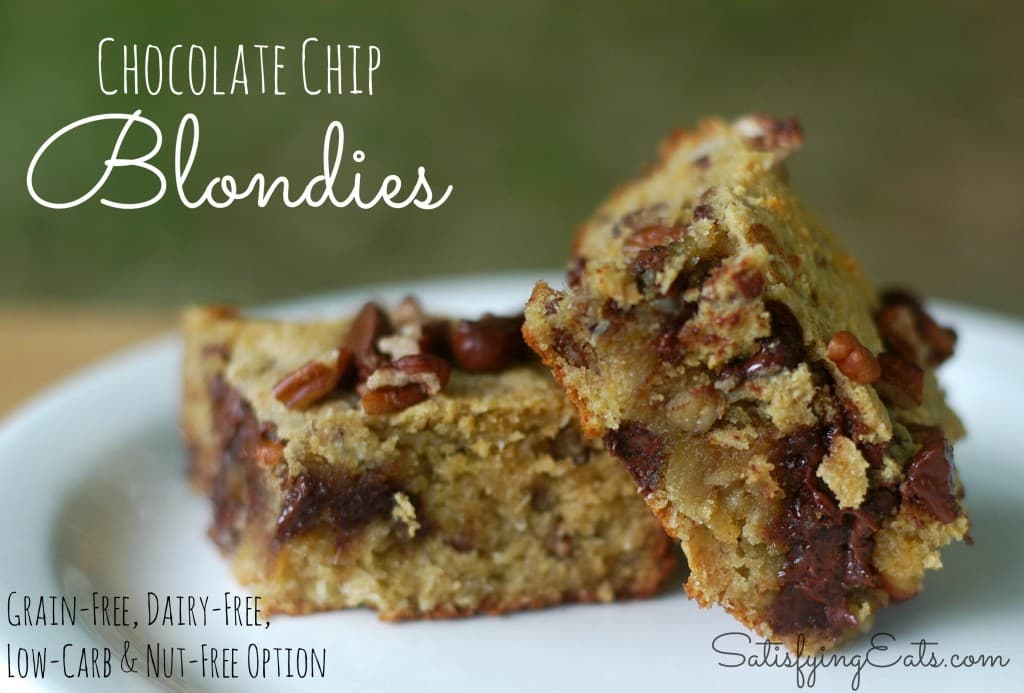30 Mindblowing Paleo Recipes Using Coconut Oil
As someone who follows the paleo diet the vast majority of the time, coconut oil is a true staple in my pantry. It’s so incredibly versatile! I use it to sauté veggies, grease baking pans and have coconut oil for breakfast when I blend it in my morning coffee.
You can use coconut oil in such a wide variety of recipes. Below, you will find recipes for coconut oil snacks, coconut oil candy, coconut oil desserts and more. And that’s not even half of the amazing things you can do with coconut oil.
Each recipe in this compilation features coconut oil in some way, shape or form. I picked a wide variety of recipes – sweet and savory! Even if you don’t eat paleo, check them out! There’s bound to be a delectable recipe you’re willing to try!
1. No-Fail Avocado Freezer Fudge – Cook It Up Paleo
This is avocado fudge. Read: healthy fudge. Healthy! Fudge!
2. Coconut Oil Hollandaise Sauce – Against All Grain
Why yes, I do like delicious creamy things poured over my breakfast. Can you believe this recipe features coconut oil?
3. Magic Brownie Bars – PaleOMG
I grew up eating something similar to these magic bars, so of course I HAD to include a coconut oil-packed paleo version for nostalgic purposes!
4. Pumpkin Soufflé – Simply 123 Allergy Free
Soufflés are just adorable. And you get a tastiness bonus for putting forth the effort to make them!
5. Fauxtmeal Chocolate Chip Cookies – The Freckled Foodie
I’ve never been an oatmeal cookie person…but how phenomenal do these look? I may have to change my ways!
6. Cookie Dough Truffles – Life Made Full
If these don’t look irresistible to you, there’s got to be something wrong.
7. Thin Mints – Paleo Crumbs
Ah, yes! A paleo version of the ever-popular treat!
8. Matcha Coconut Fat Bombs – The Healthy Foodie
Most paleo eaters are not afraid of tons of healthy fat—these delicious-looking fat bombs are an example of that!
9. Chocolate Black Cherry Tart – Gluten Free Vegan Love
Chocolate + cherry = one of my favorite flavor combos! Plus, this looks divine!
10. Chocolate Cupcakes with Chocolate Buttercream Frosting – Taylor Made It Paleo
Because sometimes, you just need a cupcake.
11. Lemon Poppy Paleo Muffins – Cook Eat Paleo
These lemon poppy paleo muffins (with coconut oil) look incredible! A great breakfast treat.

12. Strawberry Mousse – A Girl Worth Saving
This recipe has one step. Just one! Can’t get any easier than that!
13. Toffee Bars – Gutsy By Nature
Between the coconut oil, coconut sugar and coconut shreds, this recipe is practically all coconut (but still mouthwatering)!
14. Chocolate Chunk Cookie Bars – GI 365
I don’t know what to say about this one other than go make it now.
15. Vanilla Toasted Coconut and Cashew Mix – The Housewife In Training
Another simple recipe that makes a great snack!
16. Tomato Soup – Virginia Is For Hunter-Gatherers
Didn’t think you’d see a tomato soup recipe on a list of coconut oil recipes, did you? I just had to surprise you!
17. Parsnip Fries (Two Ways) – Cinnamon Eats
Hint: this works with almost any root vegetable!
18. Raw Sweet Potato Salad with Curry Almond Sauce – Jesse Lane Wellness
WOW. Does this look good or what? Coconut oil makes this sauce stand out.
19. Raw Walnut Fudge – Betty Rawker
Another fudge recipe that’s easy and packed with coconut oil!
20. Rosemary and Sea Salt Crackers – Holistically Engineered
As mentioned before, coconut oil is incredibly versatile. These herbed crackers prove it.
21. Pumpkin Spice Granola Crunch – Colorful Eats
Add some coconut or nut milk and you’ve got paleo cereal for breakfast.
22. Maple Plantain Cake with Caramel Sauce – Ditch the Wheat
I love plantains in anything! This recipe also features coconut oil, so I had to include it!
23. Lemon Lime Coconut Candies – Delicious Obsessions
Cute and simple little snacks using our featured ingredient!
24. Paleo Bread – Health Extremist
Who says you can’t have bread on paleo? You just have to get a little creative (with coconut oil)!
25. Sweet Potato Casserole w/ Honey Sweetened Marshmallows – The Urban Poser
Save this one for the holidays. It will certainly be a welcome addition to a holiday meal!
26. Rosemary Fried Lemons – Civilized Caveman Cooking
Yes, you can use coconut oil for frying! It works extremely well. Try this fried lemon recipe to test it out!
27. Sweet Potato Biscuits – Eating For Balance
Sweet little biscuits that would be perfect with homemade jam or nut butter smeared on them!
28. Jumbo Chocolate Chip Pumpkin Cookies – Jessi’s Kitchen
Oh, yeah. Perfect fall cookies!
29. Paleo “Reese’s” Swirl Brownies – Clean Eating With A Dirty Mind
I can’t even. Have you ever seen a better-looking brownie recipe?
30. Chocolate Chip Blondie Brownies – Satisfying Eats
Can’t post a brownie recipe without posting a blondie recipe. That’s a legitimate rule.
I think I may have to pull the plug there. I’m getting hungry! Fortunately, I have a giant tub of coconut oil at home so I can binge-cook most of these great paleo recipes!
What are your favorites from what I shared? Do you have any paleo coconut oil recipes you’d like to add? Let me know in the comments!
